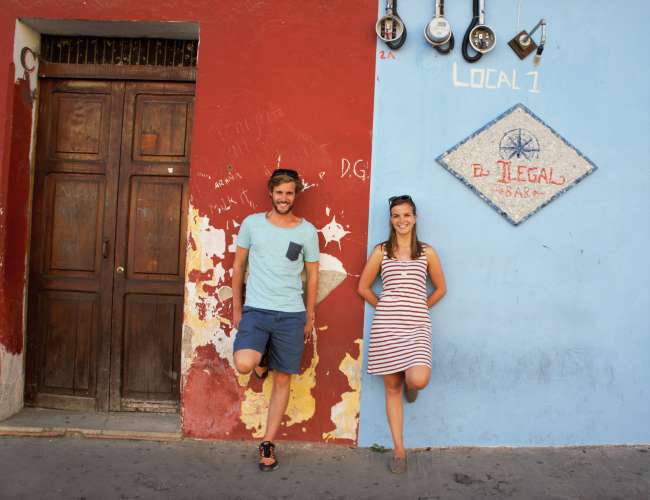Chile and Argentina II
E hatisitsoe: 16.12.2017
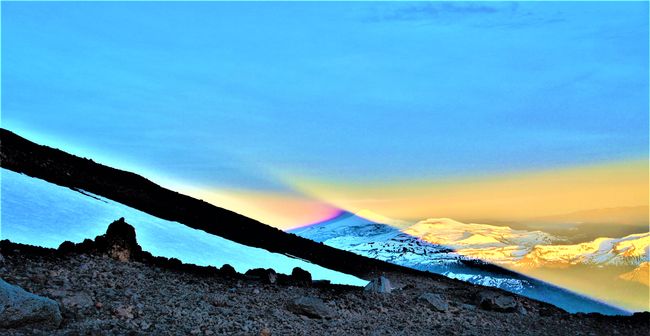
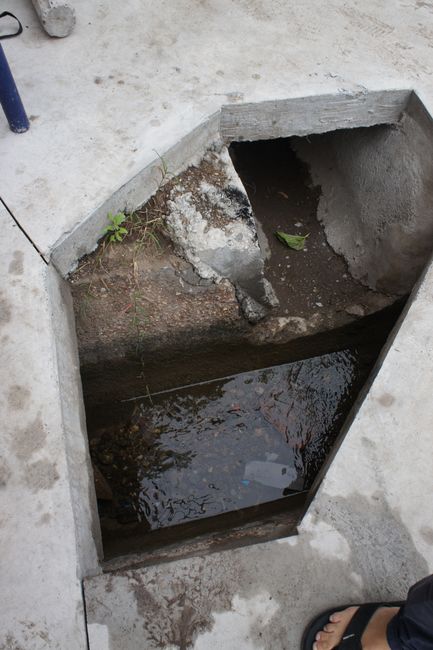
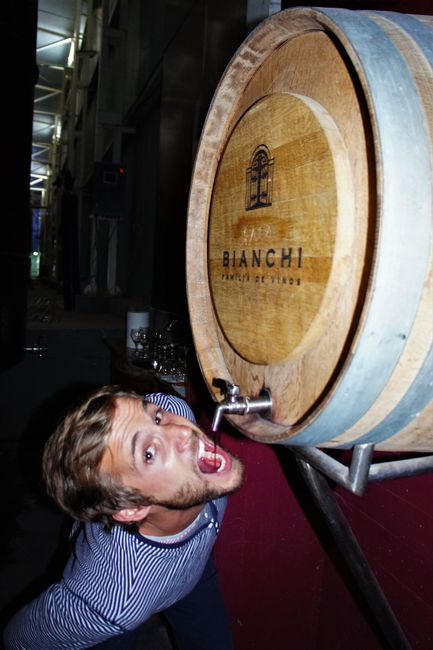
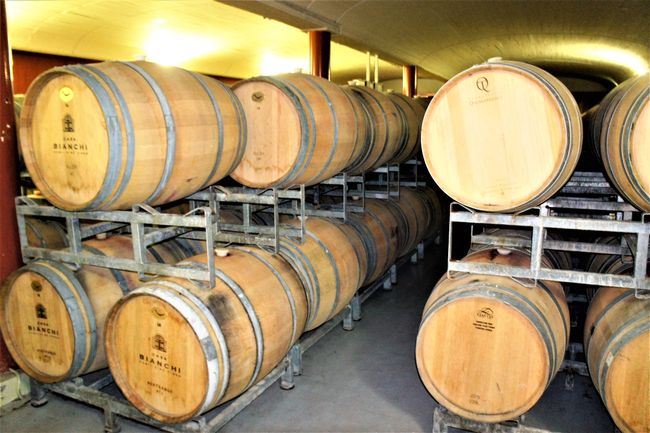
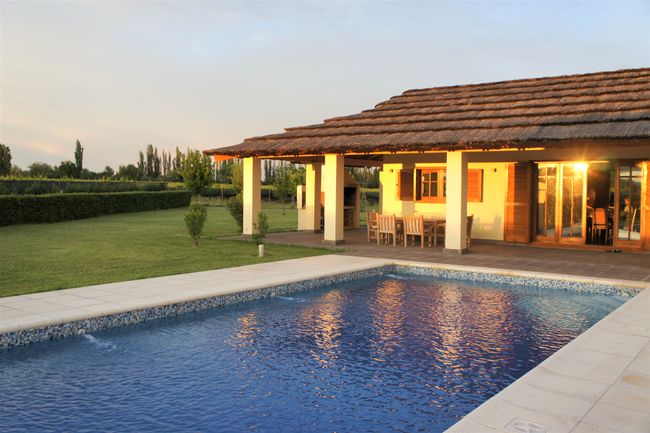
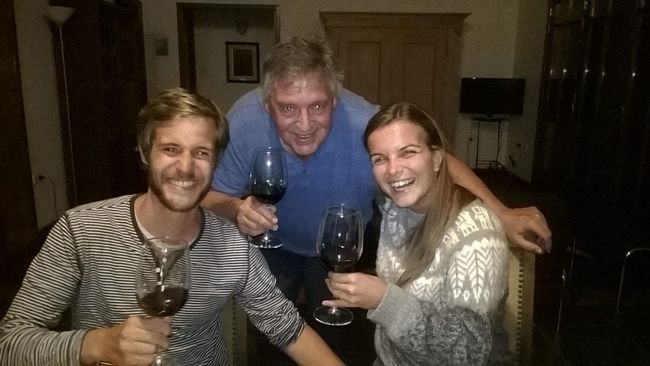
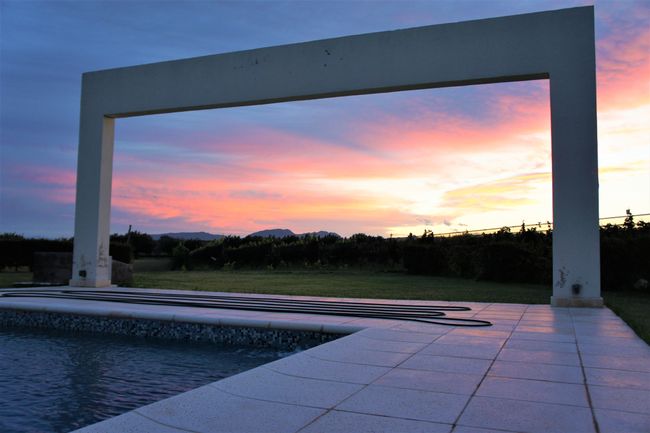
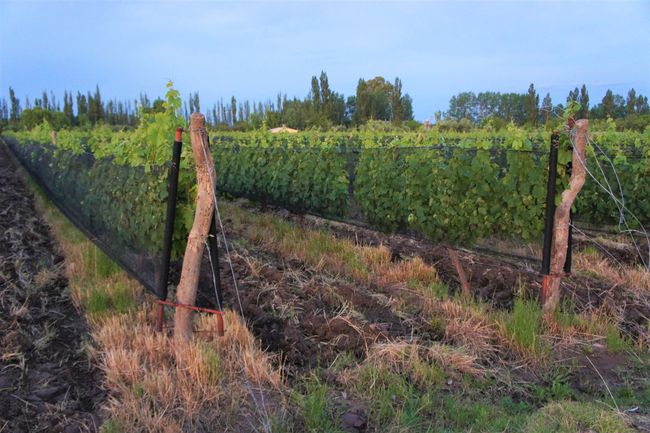
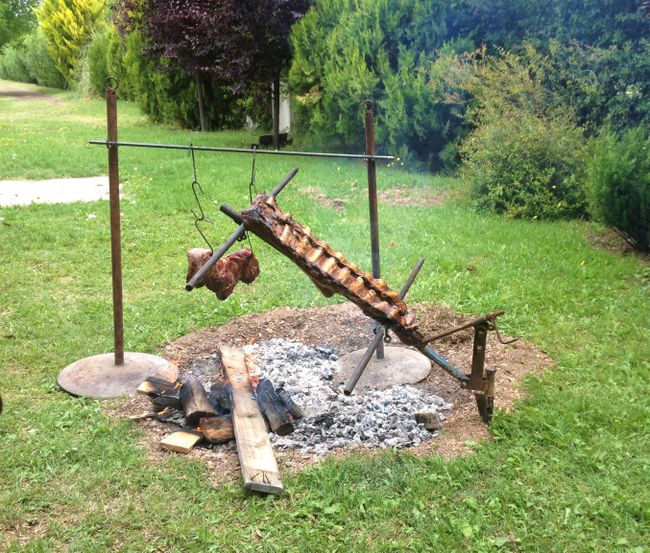
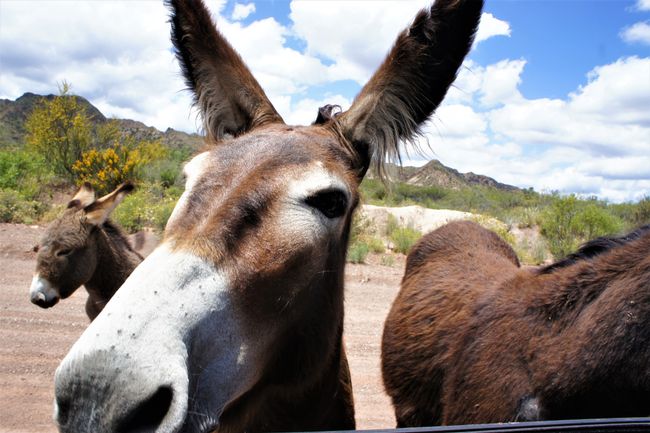
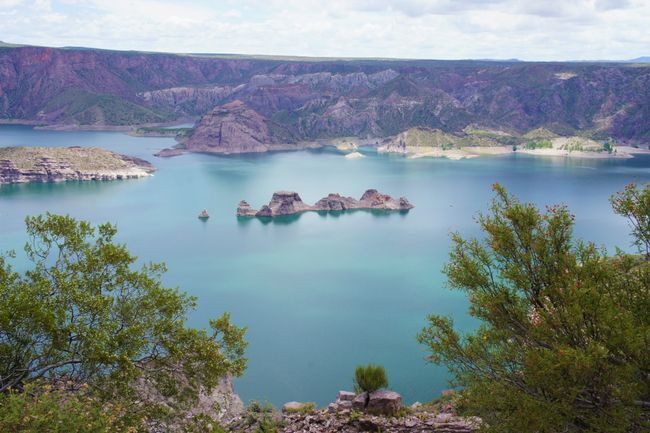
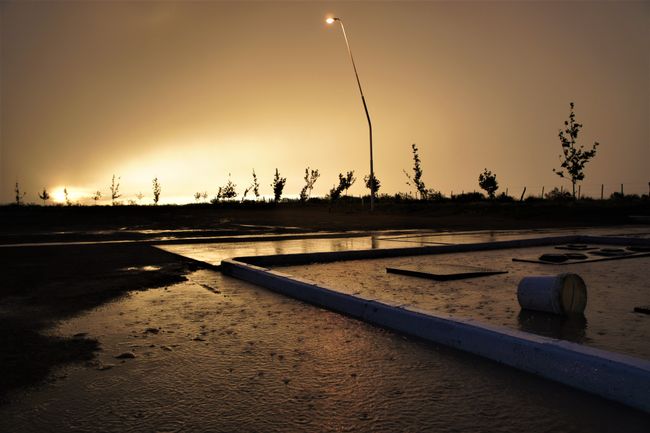
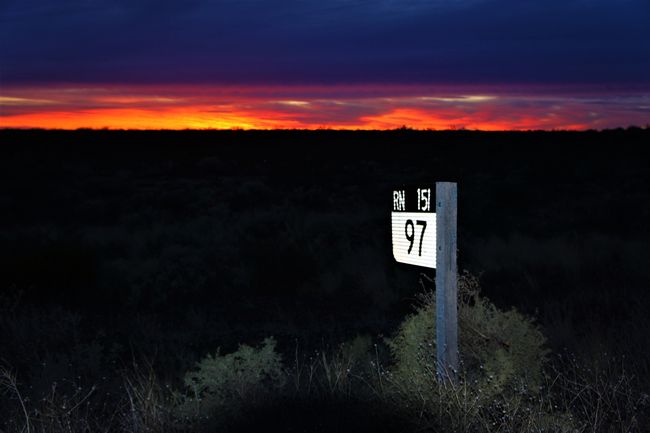
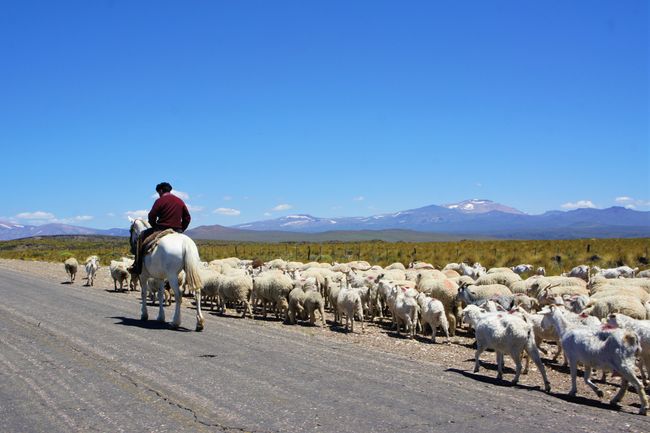
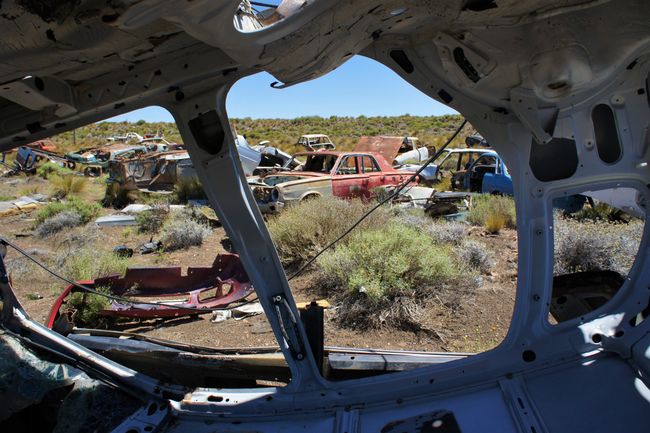
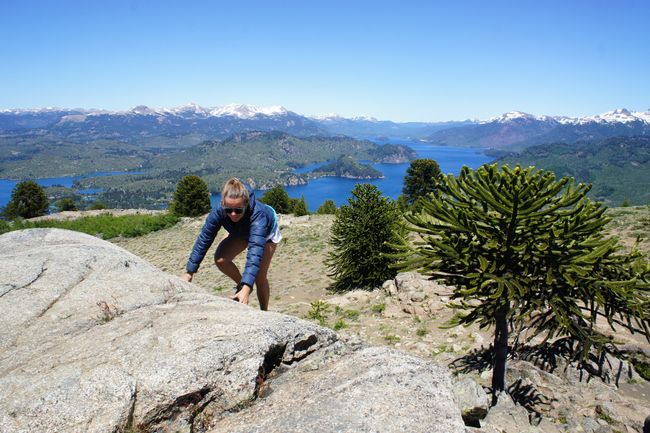
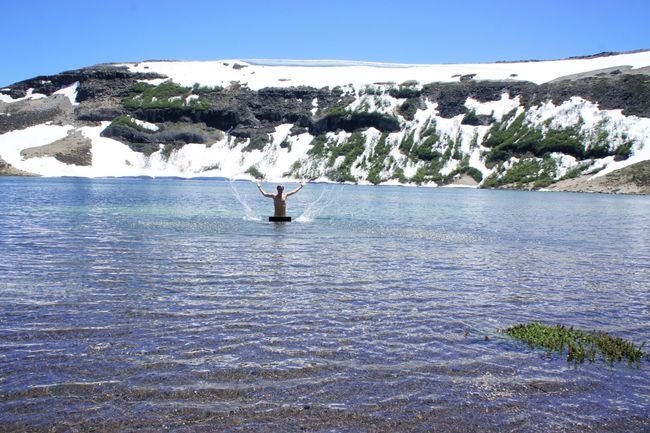
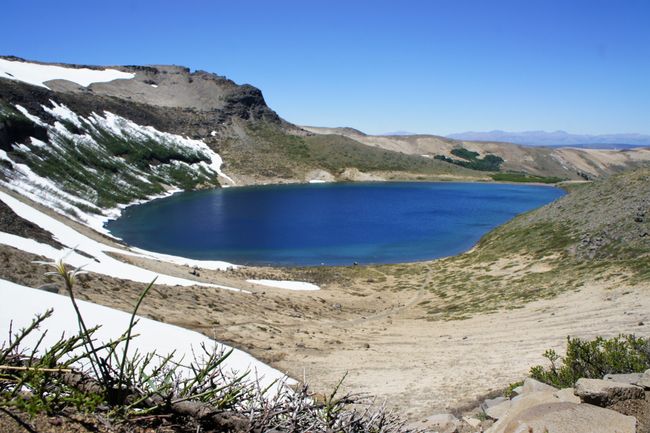
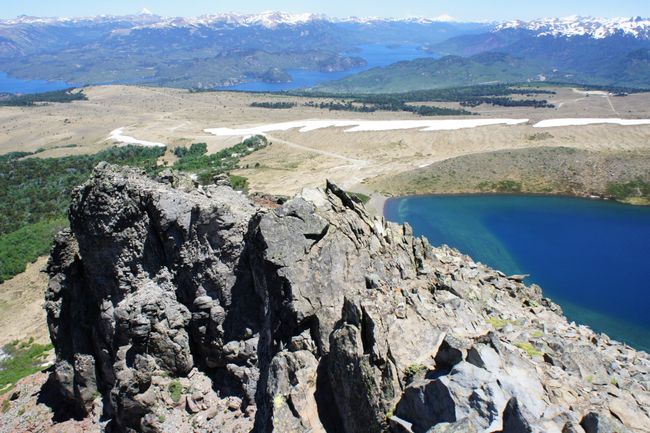
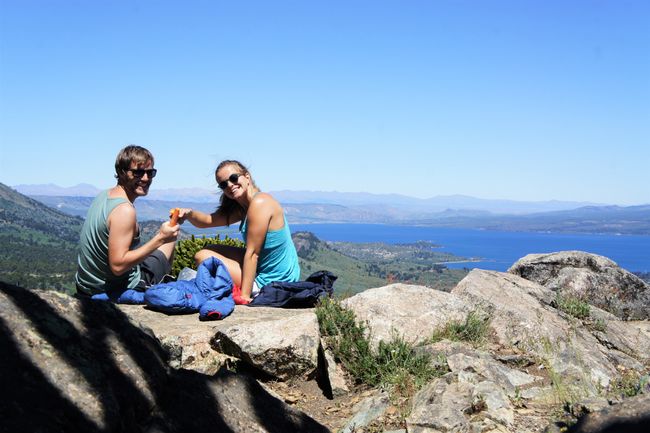
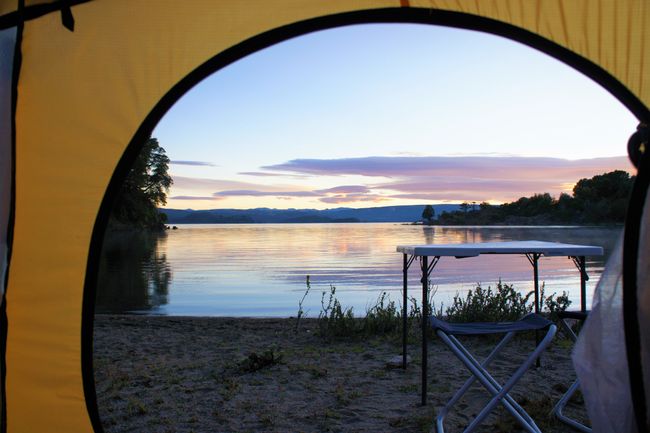
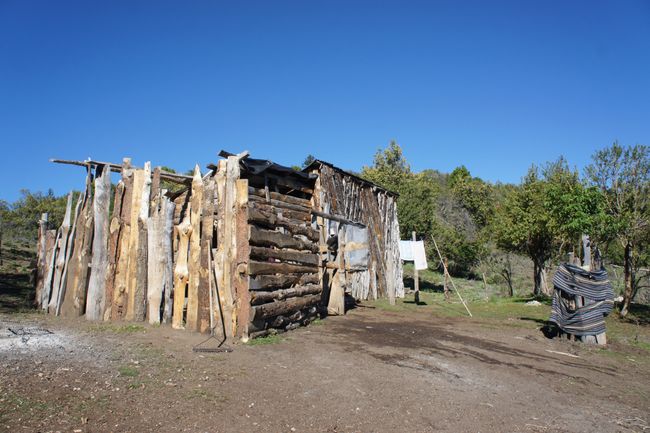
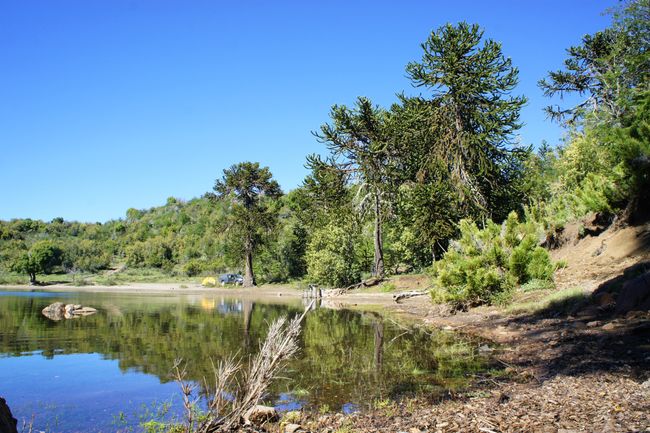
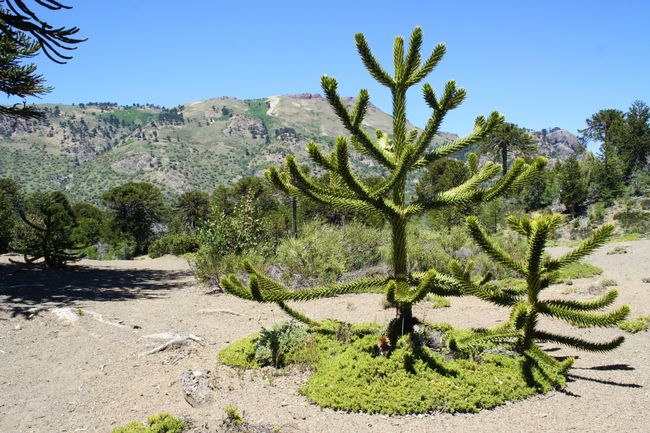
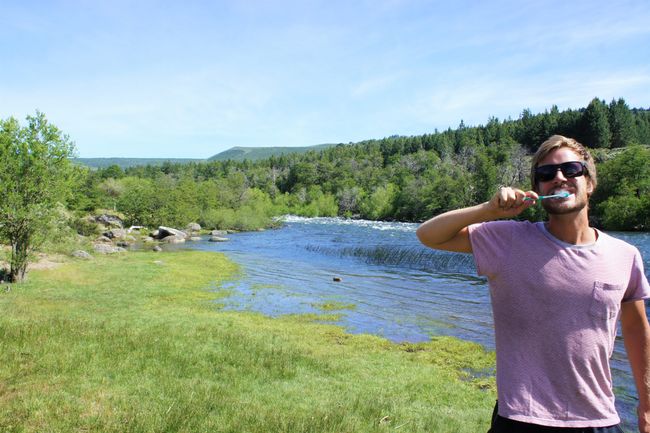
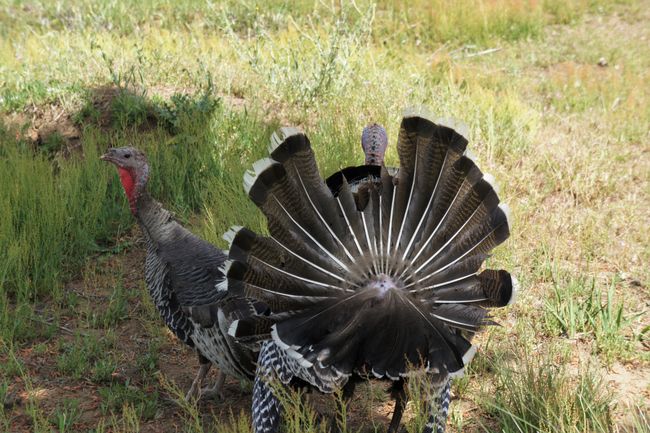
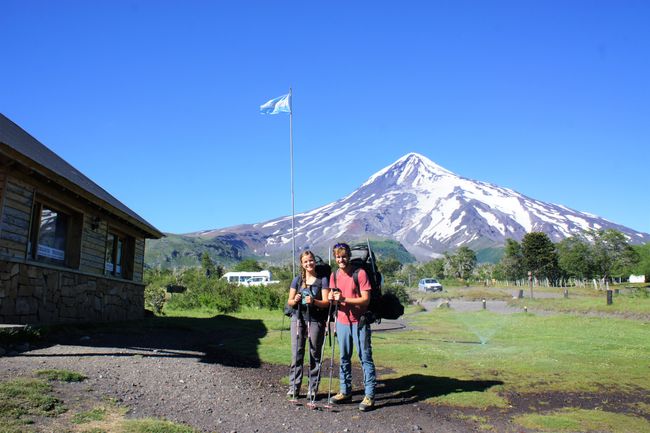
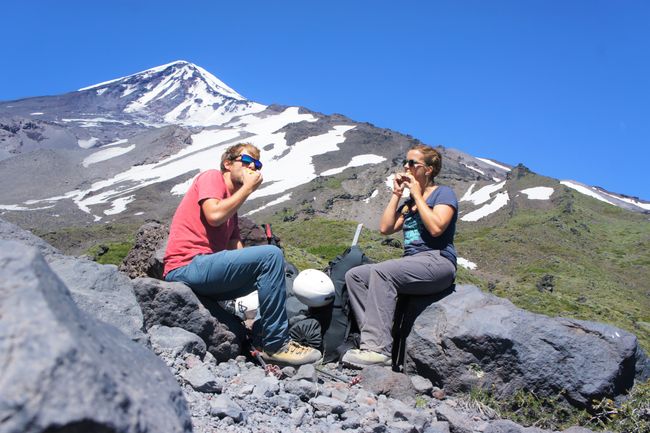
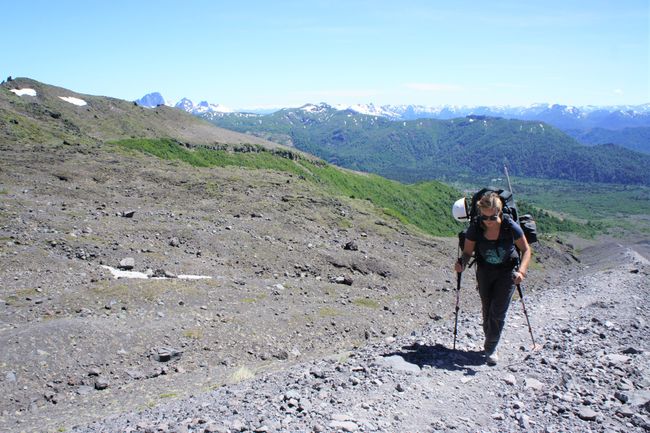
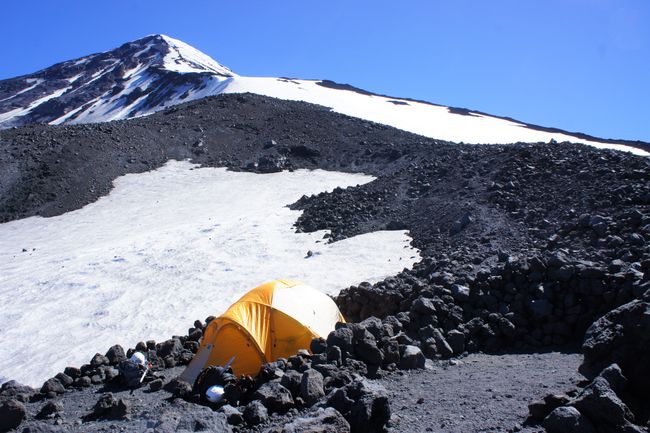
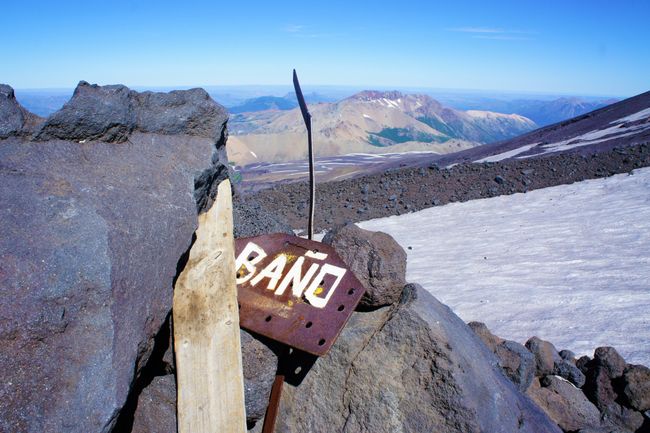
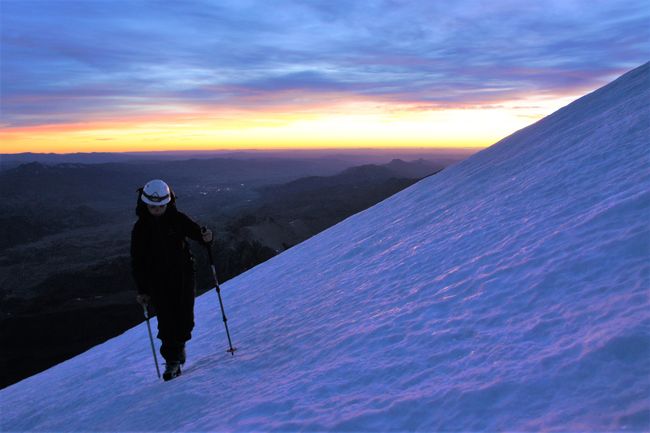
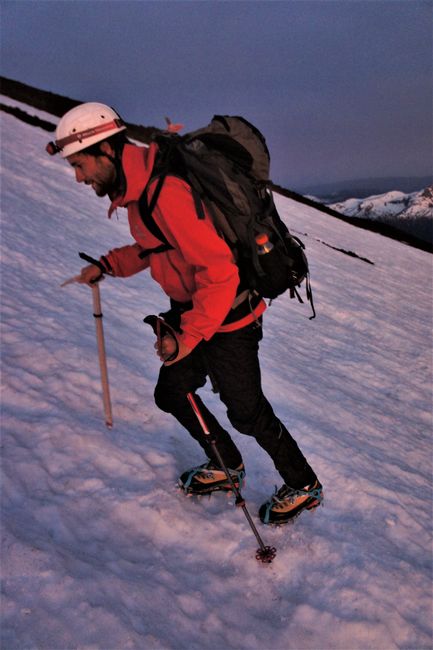
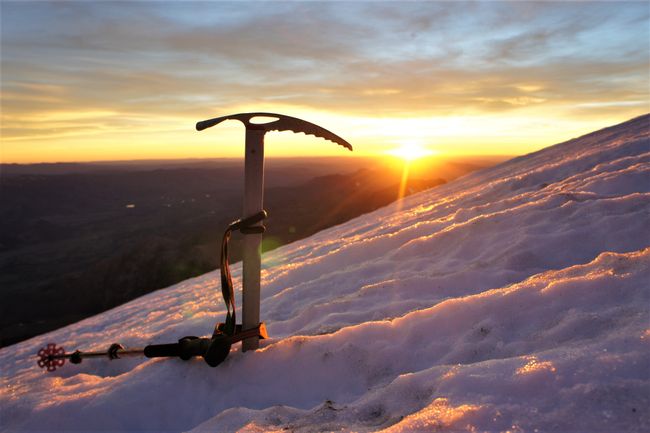
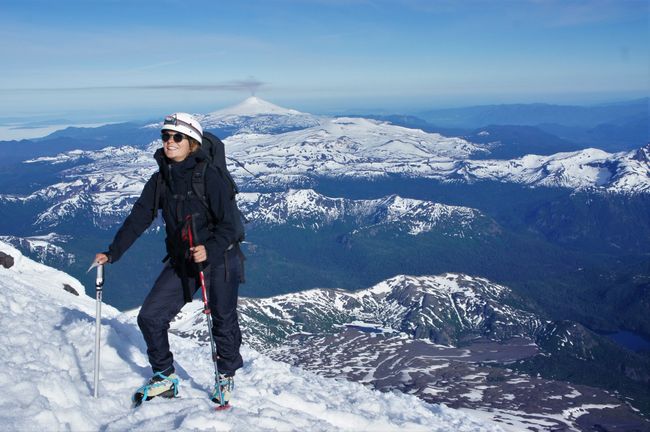
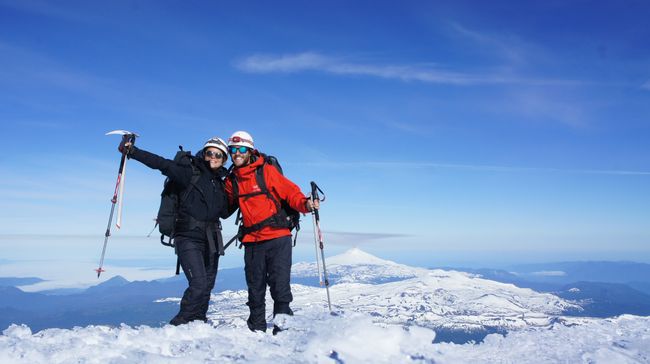
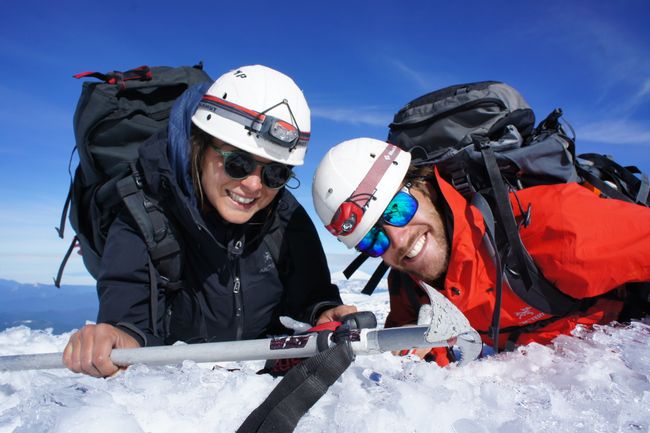
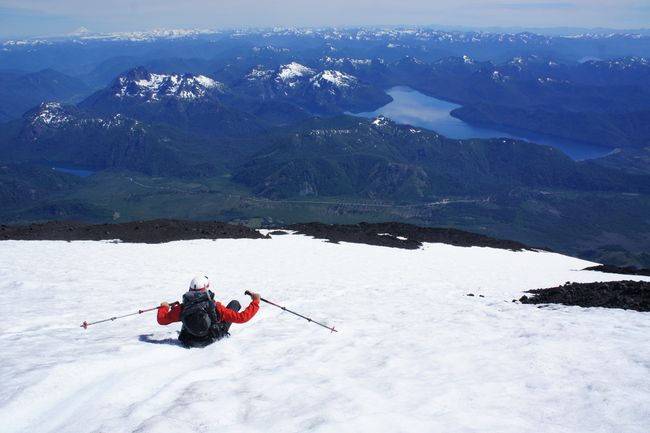
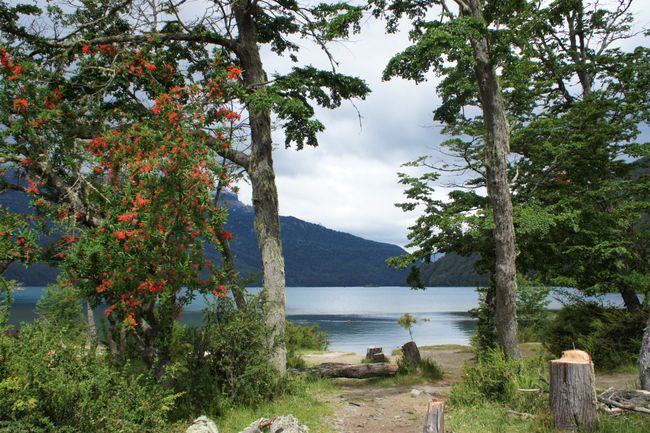
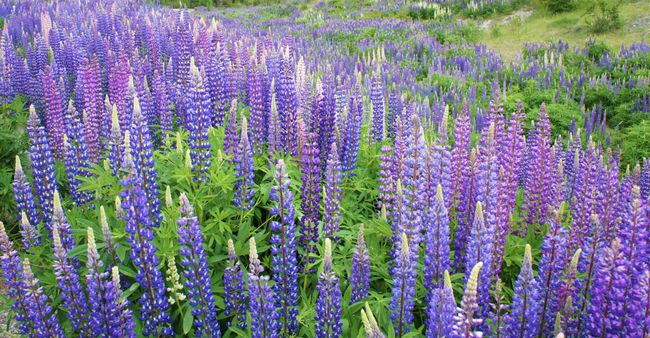
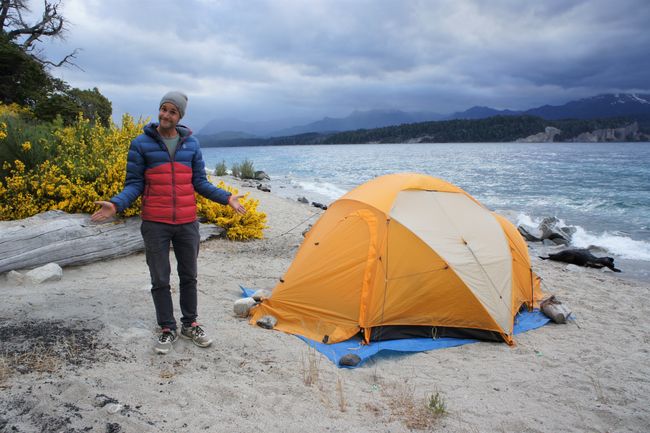
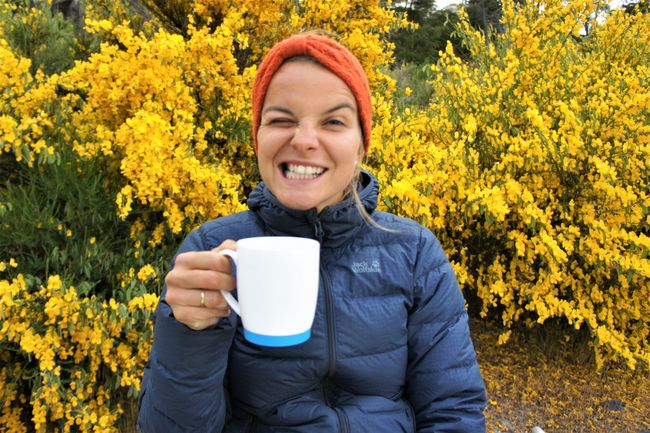
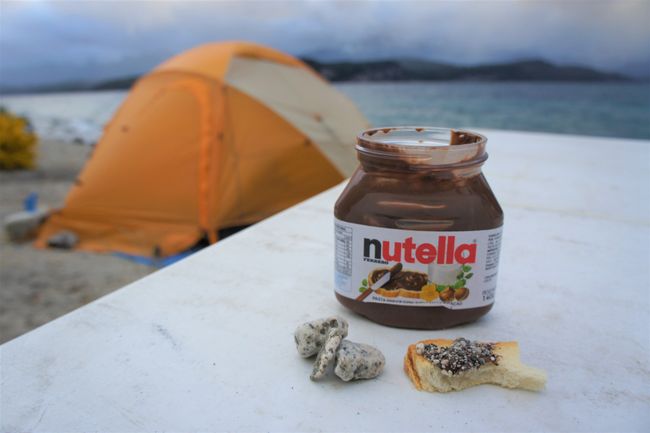
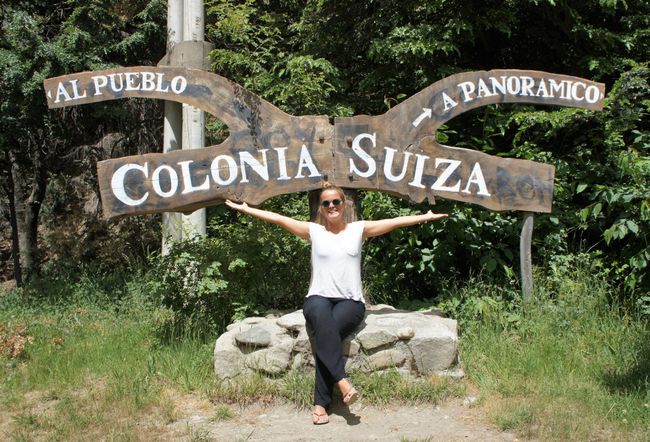
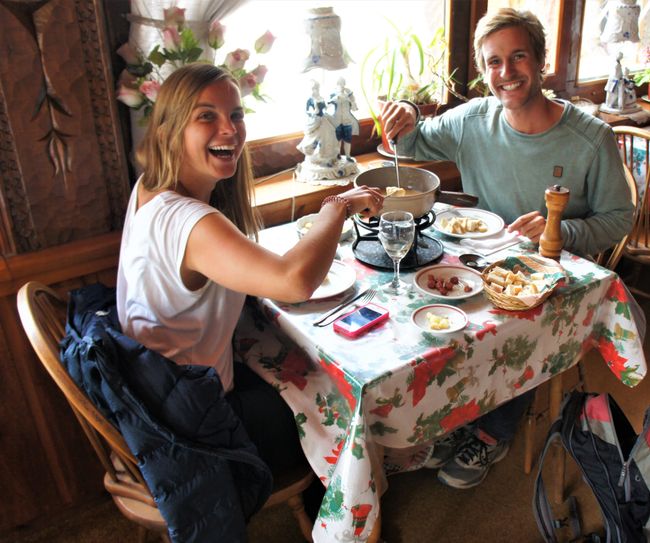
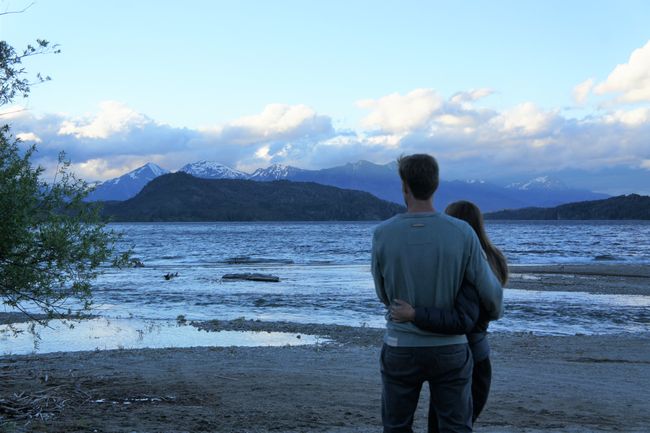
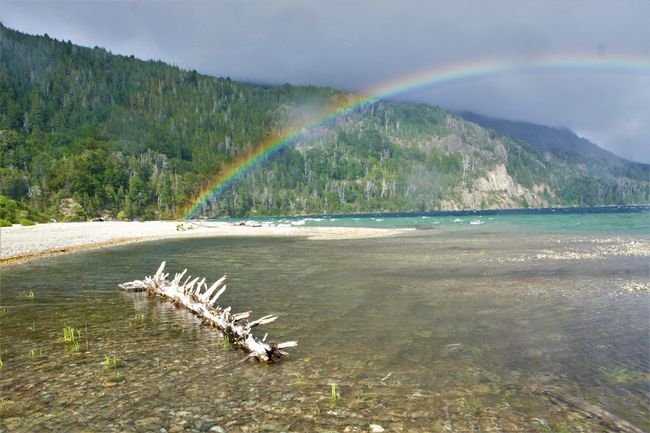
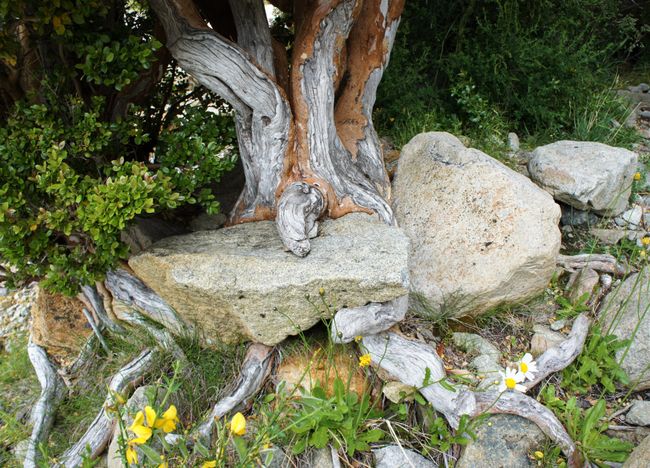
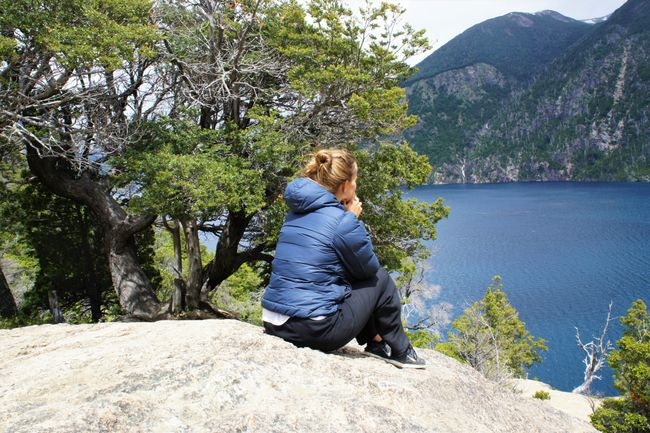
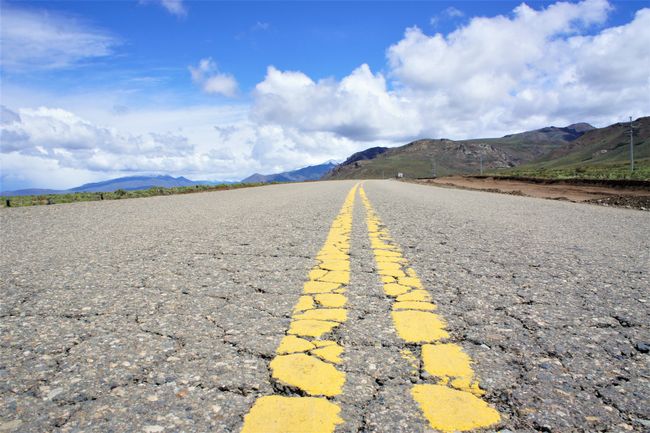
Ngolisa ho Newsletter
Life isn't a picnic
What stands out about the Chileans is their hardworking nature. They want to work - and work a lot, so that they can afford the high cost of living in their country. It's a challenge and can be difficult to achieve. Many locals are on the streets in the evenings - either selling their handmade products or earning Chilean pesos with their talents like juggling or music, which are important for their livelihood.
There is no social safety net that could catch you in case of unemployment. Once you lose your job in Chile, you can end up on the streets. There is no pension fund. Retirement savings are so low that many older people are forced to work until almost the end of their lives.
Chile has potential and is booming. The economy is mainly driven by copper, vegetable and fruit exports. The education system has a major flaw and needs to be developed. Public schools have a very bad reputation and universities are too expensive. The salaries of teachers are low as well. That's why many teachers from public schools have another job after their regular working hours. This often leaves them with no time to prepare for their lessons. The lack of preparation leads to poor lessons. This vicious circle is being attempted to be stopped. President Michelle Bachelet seeks advice from Chile's advanced Scandinavian school system and tries to implement it continuously. It will take a long time.
Midnight action
In the morning, December 1st, we left Santiago de Chile and spent a few hours at a large outlet outside the city.
Then we headed towards San Rafael, Argentina. We reached customs in the darkness. We drove in the night as long as possible. Along the way, we wanted to visit the Lagune del Diamante high up in the mountains and explore it the next day. The last kilometers were covered in dense fog. When we stood in front of the closed gate of the park entrance at two o'clock in the middle of the night, we turned around and looked for an overnight accommodation. Barely 20 meters away from the gate, a bright light blinked in our direction. We had an uneasy feeling. We asked ourselves, "What is that?" It didn't stop. Up and down. Left and right. But above all, it showed in our direction. Rezi rolled down the window to better perceive any sounds from outside. Nothing. We stopped. The light from afar came closer. "It must be a pedestrian!" we thought. Rezi called out of the window and asked when the park would open. An answer could be heard from a distance. "Hola, hola!" The uncomfortable feeling intensified. In the midst of the fog. No visibility. In the middle of the night. Darkness. Gravel road with condensed grass blades on the side of the road. Suddenly a man stood in front of the driver's window, greeted us politely, and kindly made it clear to us that the park is currently closed due to snow on the access road. The park will only open in mid-December. A bit disappointed and yet relieved, we drove a few kilometers out of the fog and slept in the car. The night was short and the weather in the morning wasn't any better.
Help!
There was an accident on the way through San Rafael. At the last moment at an intersection, we decided to turn to the oldest winery in the city. Slowly we drove our carriage onto the curb. Barely reaching the height of the sidewalk with the front left wheel - Plumps, it happened. We fell in. "What was that?" we asked ourselves. We got out of the car and the situation was clear. The solution, however, was not. Completely helpless, the two of us tourists stood in front of the "Hilux" sunk in the water. How do we get the car, which was stuck half a meter in the stream, back out? Suddenly a man and his son came to us and offered their help. Shortly afterward, five other men were standing around the car, trying to find a solution to the challenge. With a robust tow rope, a strong 4x4 drive, and a little manpower, we managed to pull the car out of the dip. We thanked the helpers and made our way to an olive oil production. After all, we wanted to bring a small gift to our upcoming host Rolf.
At Rolf's finca
In San Rafael, we stayed with Rolf, who owns his own 30-hectare vineyard. He is the father of the school social worker in Niederhelfenschwil. We were very impressed by his home. We were impressed by the large house and the top-quality wine that he offered us. As soon as we arrived, Rolf spoiled us with a delicious barbecue. The next day, we had a delicious feast at a winery nearby. The meat was prepared Argentine-style over an open fire. It hung on the spit for about four hours. We explored the surroundings of San Rafael by bike. On the third and last evening, we cooked a mushroom risotto for Rolf, with a pumpkin cream soup as an appetizer and a fruity dessert. We felt very privileged to spend the night in this beautiful and remote place.
A piece of home
On the way south, we felt a bit homesick. The countless hours of driving and the miserable weather spoiled our mood. The distances on this continent are incredibly long. We underestimated them. It made us miss the beautiful things at home. The story of Janosch's "Oh, how beautiful is Panama" came to mind when we felt homesick. Sometimes you have to go on a journey to realize how beautiful it actually is at home. But the journey must not be missing in order to come to this realization at all. What is home? Is it a place where you feel comfortable? Or is it more than just a place? This term is not only related to a place, but also to habits and familiarity. Home means feeling safe and secure. We were able to take a very large part of it with us on our journey. Our familiar togetherness, in which we feel protected. Enough of the philosophical thoughts - back to the journey. After a tough and stormy night in the car at a gas station, we left at dawn and finally arrived in a region that reminded us of Switzerland or Canada. Northern Patagonia. It was a piece of home. Thoughts of our home turned into a feeling of gratitude for being able to travel. It is a special privilege to discover the beauty here. The clear lakes, rivers, snow-capped mountain peaks, and nature in general were so similar to Switzerland - only bigger. Therefore, the comparison with Canada arose. We climbed mountains and enjoyed life as campers to the fullest once again.
The two globetrotters with the Indians
Thanks to our 4x4 and the very helpful app "iOverlander," we reached very remote places. Over hill and dale and through a river, a path with "No Pasar" signs led us. We gave this not-so-easy path a chance and ended up at a bay on the lake as if it were straight out of a picture book. Barely had we gotten out of the car, we heard two dogs barking. There was a wooden hut on this coast. We went towards the house to ask if we could stay by the lake. The dogs didn't stop barking. We called from a distance. No answer. The barking probably drowned out our voices. The dogs around the house made us respect them as they defended their territory. In plain German: "We almost shit our pants!" We returned to our "Hilux." A while later, a woman with a red beret came to us. She didn't come alone. A cat, two dogs, and a one-horned goat accompanied her. The woman asked us very politely about our intentions. She was happy that we wanted to stay by the lake. She even said that we could stay here for more than just one night. She had indigenous Mapuche ancestry and belonged to the Mapuche tribe. The idea of her life is to have enough to live on with her sheep, cattle, goats, fishing, her vegetables, and fruits. She seemed very content. She also showed us her simple "Casita" and took us through her small vegetable garden. We bought some lettuce and herbs from her. It was a beautiful and enriching encounter.
Easy-care
Yes, that's us. Taking care of ourselves as campers is easy, but not always so comfortable. Fortunately, we don't stink quickly - at least that's how we feel. We can't shower every day, but we wash ourselves from time to time. The unpleasant part is that the lakes and rivers are freezing cold. We go into the icy cold water at first. Then we rub ourselves with shampoo in the dry and jump into the water a second time. What feels almost painful at the moment turns out to be extremely beneficial afterwards.
Up high
We went on hikes again and again. However, the two-day mountain tour of Volcano Lanín is worth mentioning. With its 3,728 meters above sea level, this volcano is the highest point in the eponymous national park. Before we set off on the tour, we had to obtain a permit for the mountain on the one hand and borrow the necessary equipment on the other hand. In addition to our heavy mountain boots and functional clothing that we brought ourselves, we had to borrow crampons, ice axes, helmets, poles, and a radio. Our equipment was thoroughly checked at the park entrance. Since the second refuge was fully booked, we decided to take our own tent. With the heavy load of a gas stove, food, spare clothing, various climbing equipment, a sleeping mat, and a tent, we set off on the six-hour ascent. We were the first to arrive at the second camp. After setting up the tent, we sat on a rock warmed by the sun and enjoyed the impressive panoramic view. The feeling of "The world is ours" was incredible. After cooking, we soon went to bed in the tent. Beforehand, a local mountaineer offered us his homemade ale.
At around four o'clock in the morning, we had breakfast and set off on the four-and-a-half-hour ascent to the summit. The ascent was unproblematic. The view was breathtaking. On the last meters to the summit, we were overjoyed. We were extremely happy to radio down to the valley and announce, "003, Suizos son feliz en el cumbre."
The upper part of the descent was fun - we slid down on our rain pants in the snow towards our tent. Sledding on the Kronberg is nowhere near as much fun. We laughed, screamed, and had a lot of fun. However, the second part of the descent was tough and very slow.
Empty chatter
How important it is for us to entertain ourselves with silly talk. Humor is probably the most important thing, especially in a situation where it might not even be about laughing. When it's windy, cold, and it might rain into your food, it becomes difficult to face the situation with ease. Often, we manage quite well to talk nonsense and laugh a lot. A pinch of humor or irony must not be missing. Otherwise, it becomes boring.
"Irony is the pinch of salt that makes the meal enjoyable." - J.W. Goethe
Ngolisa ho Newsletter
Araba

